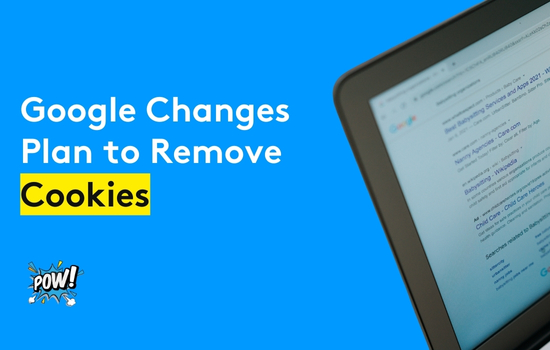In a surprising move, Google has dropped its four-year-old plan to block third-party cookies in Chrome browser. The UK’s data privacy watchdog expressed disappointment with this decision. Cookies are small files that track your online activity to target ads.
Instead of blocking these cookies, Google now wants to offer users a choice across all their web browsing and is discussing the next steps with regulators.
This means Google isn’t giving up on changing how ads work, but will still allow third-party cookies to be used alongside their new approach. So, you’ll continue to see pop-ups asking whether you want to enable or disable cookies in the future.
Stephen Bonner from the Information Commissioner’s Office (ICO) stated, “We believed blocking third-party cookies would benefit consumers. Google’s new plan is a major shift, and we’ll consider it further once more details are available.”
Privacy Sandbox
Third-party cookies are small files placed on your computer by companies other than the website you’re visiting. These cookies have been crucial for digital advertising, allowing advertisers to track your activity across different websites and build profiles based on your interests.
Google, a key player in online advertising, introduced a plan called “Privacy Sandbox” to replace cookies, which sparked controversy. Competitors and online advertising businesses were concerned about the impact of this change.
The UK’s Competition and Markets Authority (CMA) intervened in 2021, worried that Google’s plan could push more advertisers to use Google’s own systems. In 2022, Google made commitments to ease these concerns. Now, the CMA is seeking feedback on Google’s updated plan.
Jeff Green, head of the advertising platform The Trade Desk, supports Google’s decision, saying he believes offering consumers a choice is the right move. On the other hand, Katie Secret, from Outbrain, noted that Google’s decision aligns with a broader shift towards privacy, as people become more aware of how their data is used.
Katie Eyton, from Omnicom Media Group UK, emphasised that how Google presents this choice to users will be closely watched by regulators. According to GDPR rules, users must be given clear and neutral options to make informed decisions about their data.
Conclusion
Google’s decision to abandon its plan to block third-party cookies and instead offer users a choice reflects a significant shift in its approach to online privacy & advertising.
While some in the industry welcome this change, others stress the importance of how these choices will be presented to consumers.
As privacy concerns grow, how Google navigates this transition will be closely monitored by regulators and the broader industry.






